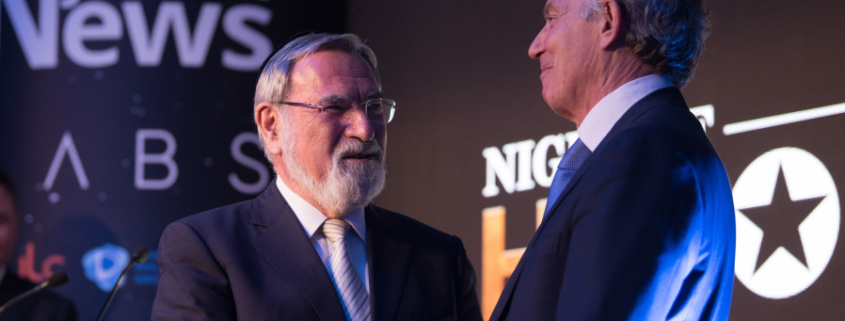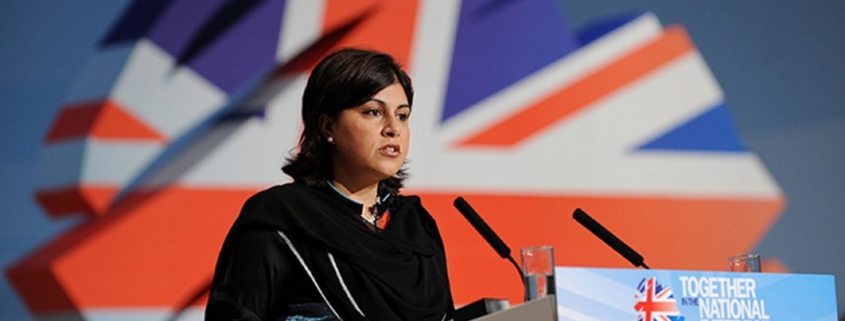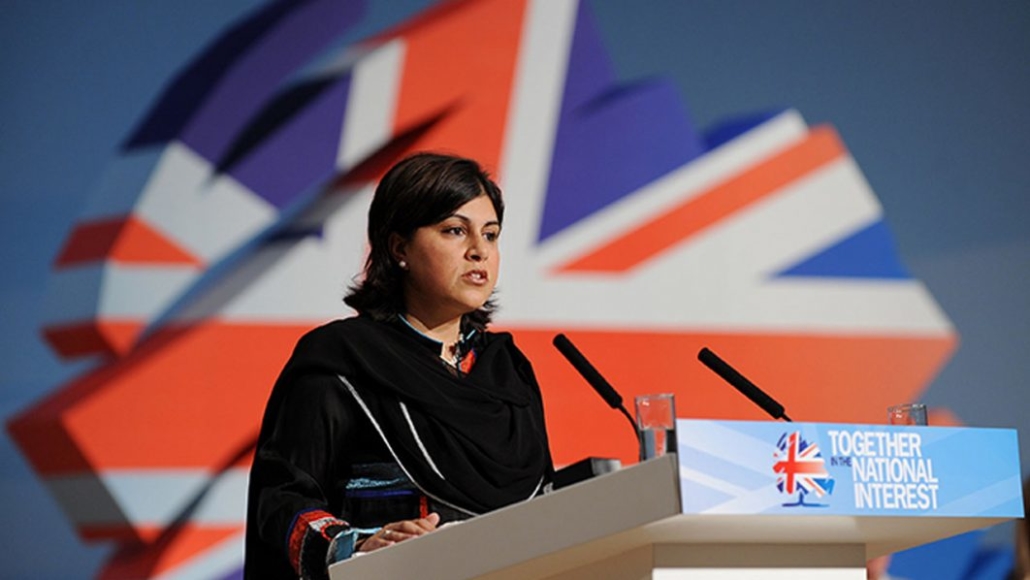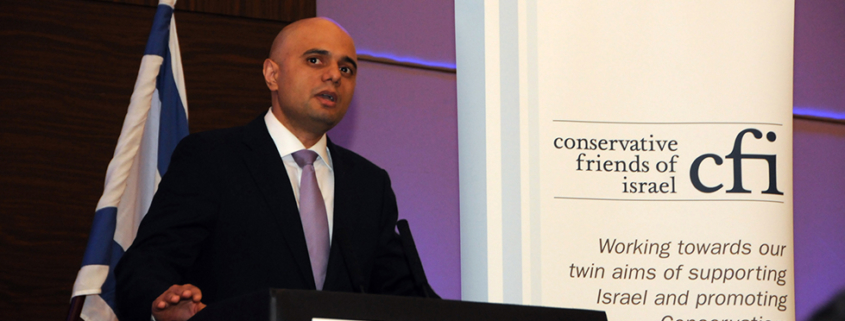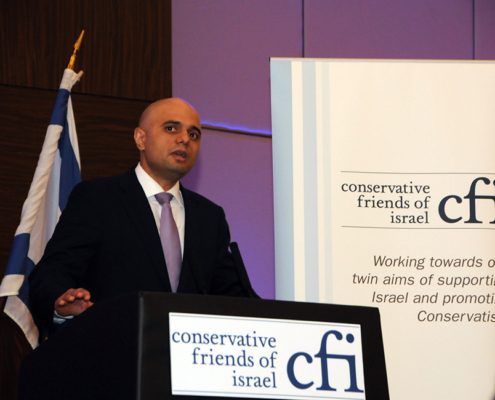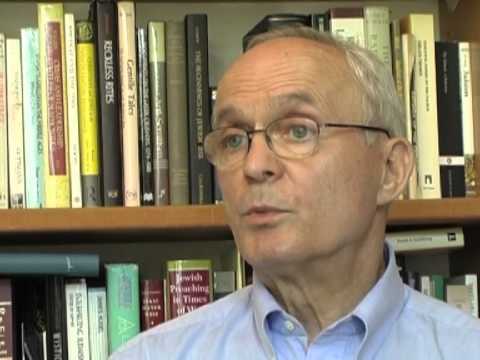Poison for the Goyim: More Hysteria and Hyperbole about Labour Anti-Semitism
Jeremy Corbyn has a beard. So has Jonathan Sacks. But this shared philopogony hasn’t brought the two men closer together. Sacks is the former Chief Rabbi of Britain and, to be fair, I think we would be better off if more Jews were like him. He doesn’t seem to hate Whites and the Christian religion in the way so many of his co-ethnics do.
Battle of the Beards
But that doesn’t mean Sacks is a reasonable or objective man where his own race is concerned. He can be ethnocentric and apply double standards with the best of them, as he’s just proved by his comments on his fellow beardie:
Jeremy Corbyn is “an anti-Semite” who has “given support to racists, terrorists and dealers of hate”, the former chief rabbi Jonathan Sacks has said. In an exclusive interview with the New Statesman, the peer described Corbyn’s recently reported 2013 remarks on “Zionists” as “the most offensive statement made by a senior British politician since Enoch Powell’s 1968 ‘Rivers of Blood’ speech”.
Sacks, who was chief rabbi from 1991 until 2013, added: “It was divisive, hateful and like Powell’s speech it undermines the existence of an entire group of British citizens by depicting them as essentially alien.”
At a speech made at the Palestinian Return Centre in London in 2013, Corbyn said of a group of British “Zionists”: “They clearly have two problems. One is they don’t want to study history and, secondly, having lived in this country for a very long time, probably all their lives, they don’t understand English irony either.” (Corbyn’s “Zionist” remarks were “most offensive” since Enoch Powell, says ex-chief rabbi, The New Statesman, 28th August 2018)

Jonathan Sacks is given an award by the war-criminal Tony Blair
Enoch Powell predicted that mass immigration would lead to race war. Jeremy Corbyn said that some Zionists don’t get “English irony.” Whether or not you agree with Powell, is it reasonable to compare the words of the two men? Are they “hateful” and “divisive” in a similar way? I’d say no, they’re obviously not, and the vast majority of British Whites probably agree with me.
Sacks doesn’t agree with me, and he has the Community with him, according to the Jewish Chronicle: “Reform Rabbi Jonathan Romain of Maidenhead Synagogue said that, while the Enoch Powell analogy may have shocked people, ‘it accurately reflected what most British Jews feel.’” Read more

